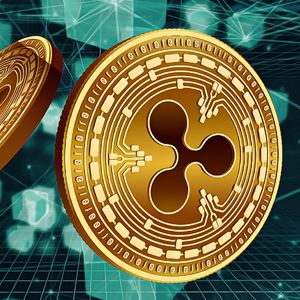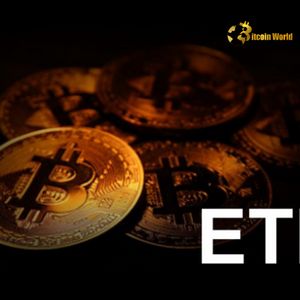Ripple’s long-running legal battle with the US Securities and Exchange Commission (SEC) marked a key turning point last year when Judge Analisa Torres issued a decision on XRP’s legal status. The ruling clarified that retail sales of XRP do not constitute investment contracts, effectively placing them outside the SEC’s jurisdiction. This decision has been pivotal in shaping the regulatory understanding of digital assets, despite ongoing debates from Bitcoin advocates who continue to claim XRP lacks clear classification. Ripple lawyer Bill Morgan has now directly addressed these arguments, asserting that legal clarity has been established where it matters most — in court. bill morgan @Belisarius2020 · Follow There is illogical nonsense being spread about the issue of legal clarity and XRP. The proposition is that XRP lacks legal clarity because no court has ‘classified’ what it is. Bitcoin maxis say Bitcoin has been classified as a commodity but XRP has not been so classified so 4:06 PM · Jun 3, 2025 73 Reply Copy link Read 12 replies XRP retail sales not securities, says Torres ruling Morgan, a pro-Ripple legal analyst, outlined that the core issue in the SEC’s lawsuit against Ripple was never about labelling XRP itself as a security or commodity, but whether the nature of its sale to investors met the criteria of an investment contract under existing securities law. Judge Torres found that institutional sales of XRP did meet that definition, while retail sales did not. This dual outcome provided a nuanced legal framework that separates XRP’s treatment based on how and to whom it was sold. Morgan explained that US courts do not assign labels to digital assets. Instead, they resolve disputes based on the facts of a case. Therefore, the question of whether XRP is a security or commodity misses the point. The clarity comes from how the court interpreted the law in the context of XRP’s distribution — a distinction often overlooked by critics. Bitcoin classification argument lacks legal grounding Bitcoin supporters — often referred to as Bitcoin Maximalists or “Maxis” — have argued that because XRP has not received a classification from regulatory bodies such as the SEC or the Commodity Futures Trading Commission (CFTC), it remains in a legal grey area. They contrast this with Bitcoin’s status as a commodity recognised by both agencies, suggesting this places Bitcoin on firmer regulatory footing. Morgan challenged that logic, stating that classification is not absolute and can vary depending on the legal framework of different countries. For instance, Australian authorities treat Bitcoin as property rather than a commodity. He noted that insisting on a single, universal classification is legally flawed and undermines how the court system functions in the US. In his view, the ruling from Judge Torres has already settled the question of XRP’s legal status for retail sales, and that alone constitutes meaningful clarity. Ripple supports regulatory framework for crypto In addition to the courtroom win, Ripple has also welcomed legislative developments aimed at improving the regulatory environment for digital assets. Ripple’s Chief Legal Officer Stuart Alderoty endorsed the Digital Asset Market Clarity Act passed in the US last week, which aims to provide clearer rules for the classification and regulation of cryptocurrencies. Morgan echoed the sentiment, adding that clarity should come through legal outcomes rather than political declarations or market assumptions. He maintained that the court ruling on XRP offers a strong precedent for how digital asset transactions should be assessed going forward. Rather than fixating on labels, he said, regulators and industry participants should focus on how assets are used and sold in practice. In a symbolic gesture of reconciliation, Ripple co-founder Brad Garlinghouse donated the “Skull of Satoshi” artwork — often seen as a satirical emblem of crypto culture — to the Bitcoin community. While largely symbolic, the move appeared to aim at diffusing hostilities between supporters of rival blockchain platforms following years of animosity. The post XRP court ruling clarifies crypto status, counters claims by Bitcoin advocates appeared first on Invezz

















